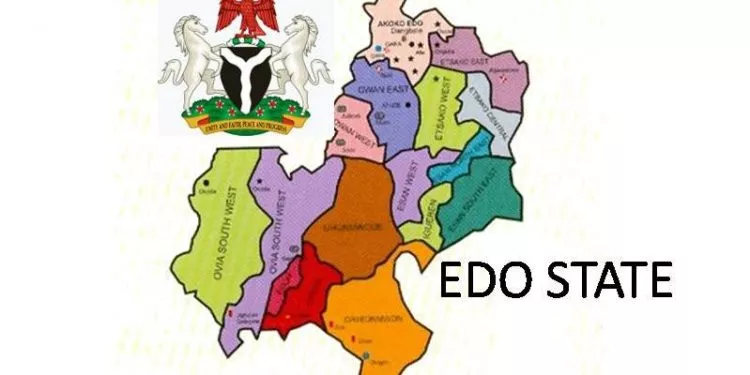The Edo State Muslim community has expressed a desire for balanced representation in the state’s administration. This viewpoint was articulated in a communique following a meeting of stakeholders organized by the Nigeria Supreme Council for Islamic Affairs (NSCIA), the leading body for Muslims in the state.
Abdulazeez Igbinidu, Chairman of the NSCIA’s Edo State chapter, presented the six-point communiqué at the gathering. He underscored the shared belief among participants that the state’s administration does not sufficiently represent the Muslim demographic.
Mallam Igbinidu explained that the meeting aimed to form a cohesive position for the state’s Muslim Ummah. This would facilitate their active involvement in the electoral processes that determine the state’s administration, thereby ensuring their interests are considered for the collective good.
Igbinidu asserted, “There is a need for equity and fairness in representation in the governance of the state so that Muslims would be adequately represented.”
The Muslim community resolved to interact with all political entities, especially the candidates of various political parties, for the mutual advantage of Muslims and all residents of the state.
While the Islamic Council upholds a non-partisan approach, the communique clarifies that individuals have the liberty to endorse any party and candidates that align with their personal political ideologies.
The communiqué advised imams and other Islamic leaders in the state to avoid using their platforms to advance personal political interests, given the varied political ideologies of their congregations.
It underscored the unity within the Edo Muslim community under the NSCIA’s guidance. It also stressed the importance of fortifying this unity among Muslims in the state, irrespective of political divergences.
The communiqué also urged Muslim organizations and the League of Imams to motivate Muslims who have not yet registered to do so in the forthcoming continuous voter registration exercise. This would empower them to exercise their voting rights.
It concluded by encouraging Muslims to take an active role in the state and national politics as a pathway to effectuate positive societal transformation through effective governance.

